Learning and knowledge sharing are fundamental to the LHSS Project. We invite you to search LHSS knowledge products and resources for the latest approaches, insights, and learning in the field of integrated health systems strengthening.
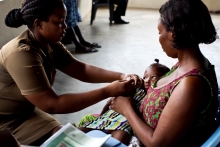
Late last year, health sector practitioners from eight countries met to tackle the issue head-on as participants in the Joint Learning Network Health Budget Execution Learning Exchange. They made meaningful progress.
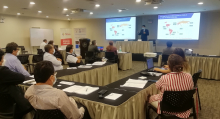
Officials from the health and education sectors of Arequipa, Madre de Dios, Moquegua, Puno and Tacna regions of Peru begin discussions for implementing a regional COVID-19 communications strategy.
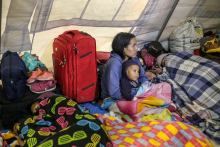
For countries facing a large influx of migrants, the best way to ensure that these new members of society have sustained access to essential health services is to have a long-term strategy – one that builds on existing health platforms.
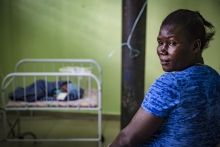
In the Dominican Republic, the dual impact of large numbers of migrants and a health system overwhelmed by COVID-19 has meant that fewer health services are available for migrant women. LHSS is working to improve health protection for the country’s migrant women, most of whom come from Haiti.
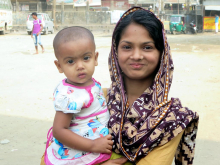
Poor budget execution results in inefficiencies that undermine the ability of health agencies to improve access to needed health services and improve population health. Yet billions of dollars in unexecuted health budgets are returned to treasuries every year.
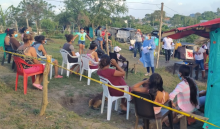
Population movement of this magnitude places huge stress on health systems in receptor countries. How can health care for migrants be financed? How can health system capacity be expanded? And how can health sector policies and national migration policies be harmonized?
